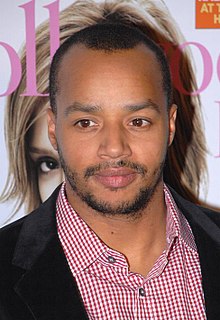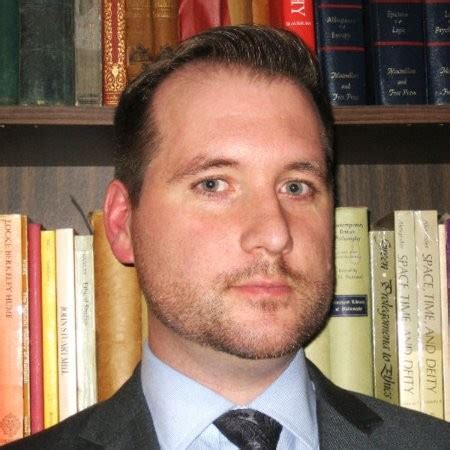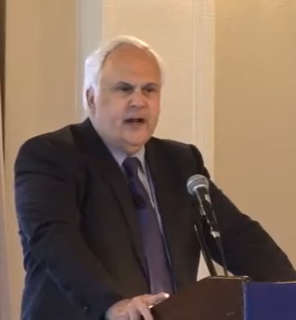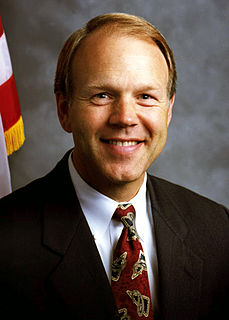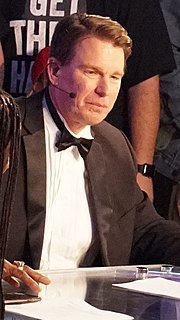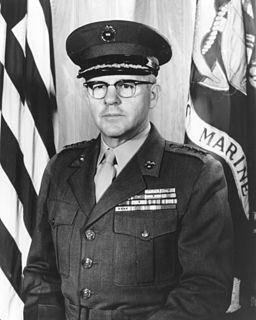A Quote by Charlie Munger
Our biggest mistakes, were things we didn't do, companies we didn't buy.
Related Quotes
When the trust is high, you get the trust dividend. Investors invest in brands people trust. Consumers buy more from companies they trust, they spend more with companies they trust, they recommend companies they trust, and they give companies they trust the benefit of the doubt when things go wrong.
Imagine if the pension funds and endowments that own much of the equity in our financial services companies demanded that those companies revisit the way mortgages were marketed to those without adequate skills to understand the products they were being sold. Management would have to change the way things were done.
My plea is that as we continue our search for truth, particularly we of the Church, that we look for strength and goodness rather than weakness and failings in those who did so great a work in their time. We recognize that our forefathers were human. They doubtless made mistakes. Some of them acknowledged making mistakes. But the mistakes were minor when compared with the marvelous work which they accomplished.
The galleries are full of critics. They play no ball, they fight no fights. They make no mistakes because they attempt nothing. Down in the arena are the doers. They make mistakes because they try many things. The man who makes no mistakes lacks boldness and the spirit of adventure. He is the one who never tries anything. His is the brake on the wheel of progress. And yet it cannot be truly said he makes no mistakes, because his biggest mistake is the very fact that he tries nothing, does nothing, except criticize those who do things.
My mistakes made were learning how to work with different groups of people. I mean, I went to school at Berkeley, which is a pretty diverse group, but working in a professional setting, I hadn't really done that before and learning about office politics, learning about interactions between different people and I made a lot of mistakes there during my time as a young person. I was 19 or 20 at the time. So, I would say those were my biggest career mistakes, but fortunately they were made in the context of an engineering co-op program and not in a professional field.


